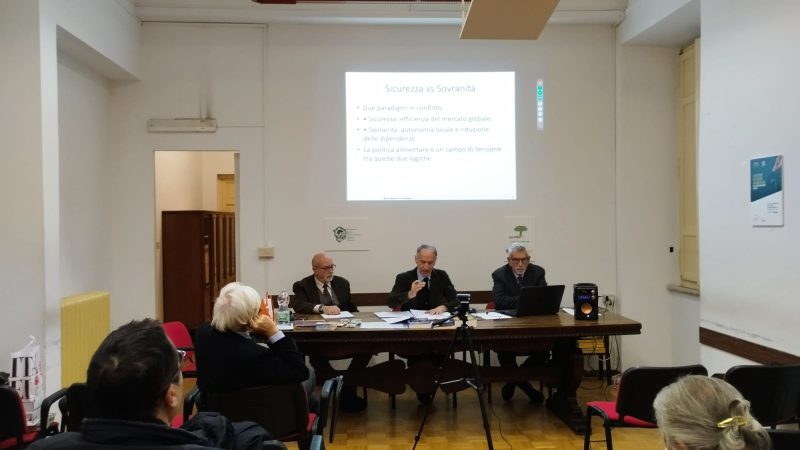Pessimism does not help
At the closing session of the series of meetings organized at Expo 2015 by Intesa San Paolo, Prof. Jared Diamond from the University of California, 1997 Pulitzer Prize winner, paused over environmental sustainability and the growing gap between the rich and the poor both within individual countries and all over the planet. The press appeared to have understood a strong pessimism, reporting with scaremongering headlines the opinion that we are heading towards the extinction of the entire human race and that the only possible defense is to reduce consumption.
It is only right and proper to make us aware of the risks that are looming over our survival. They are many and include, for example, air pollution and climate change, the disastrous food insecurity and water shortages, the geopolitical confusion and insane abuses that lead to conflicts with ever more devastating weapons, moral disorder that spreads lawlessness, organized crime, corruption, etc., destroying common sense and reason. The risks created by these realities must not however lead to a destructive overall pessimism and inactivity, but rather stimulate our strength of mind to seek new positive ideas, not related to past ideologies based on rules that create poverty.
There are certainly many reasons of concern on which to reflect. But there is no longer time for ideological fights and political disputes. We must make use of past experiences and common sense. While easy manifestations of pessimism, although authoritative and directed at getting attention, can only increase the already widespread distrust of so many people who are by now tired and defeatist (see the decreasing number of election votes).
Collective pessimism can also assume a psychological character and be regarded as a syndrome of decline. Our society has already repeatedly demonstrated that it is easily upset, fragile and vulnerable. There needs to be trust in the state and those who govern with long-term, concrete programs. The many urgent, incidental, and sometimes inconsistent rules that follow one after the other are not sufficient to cure the rampant “pessimumopathy”.






